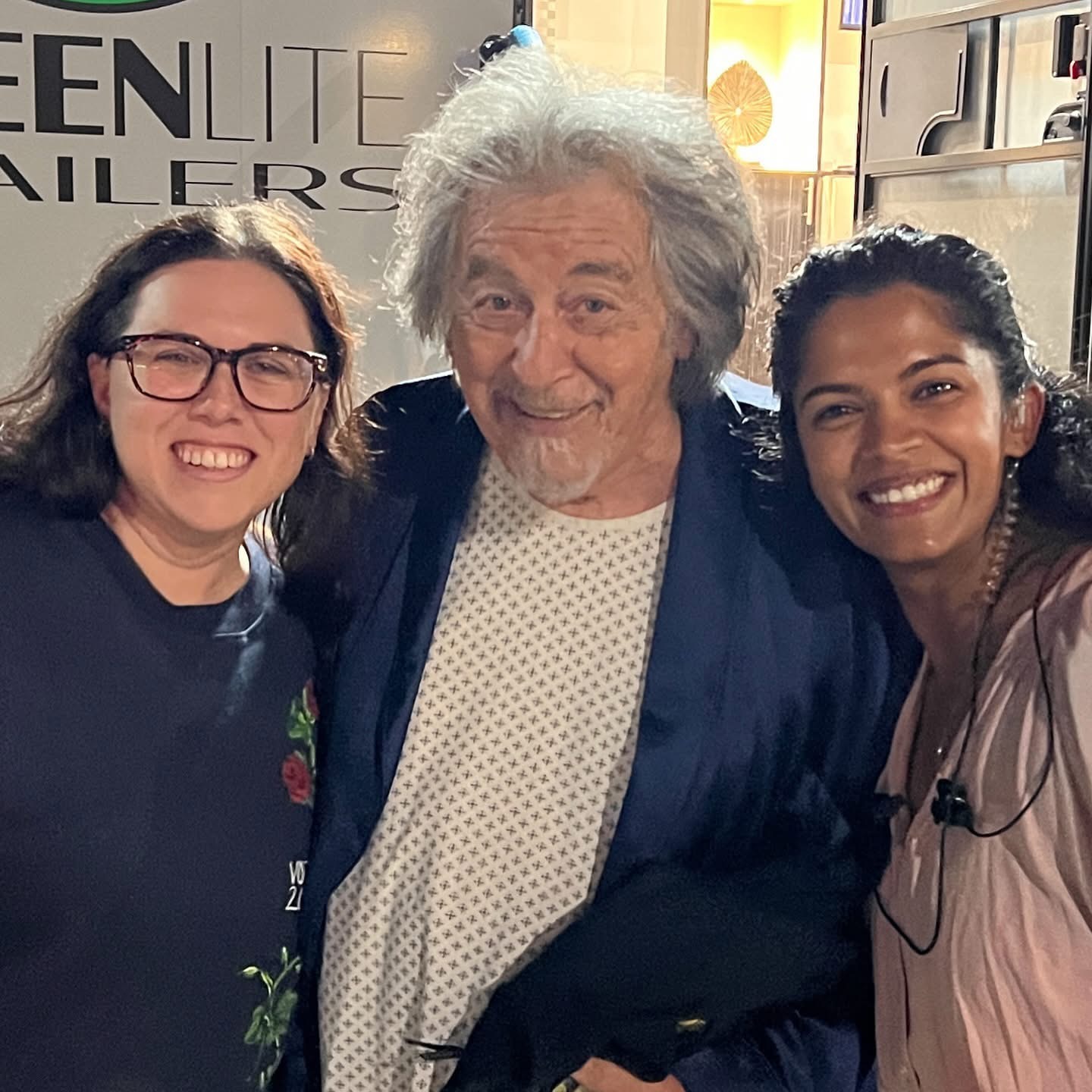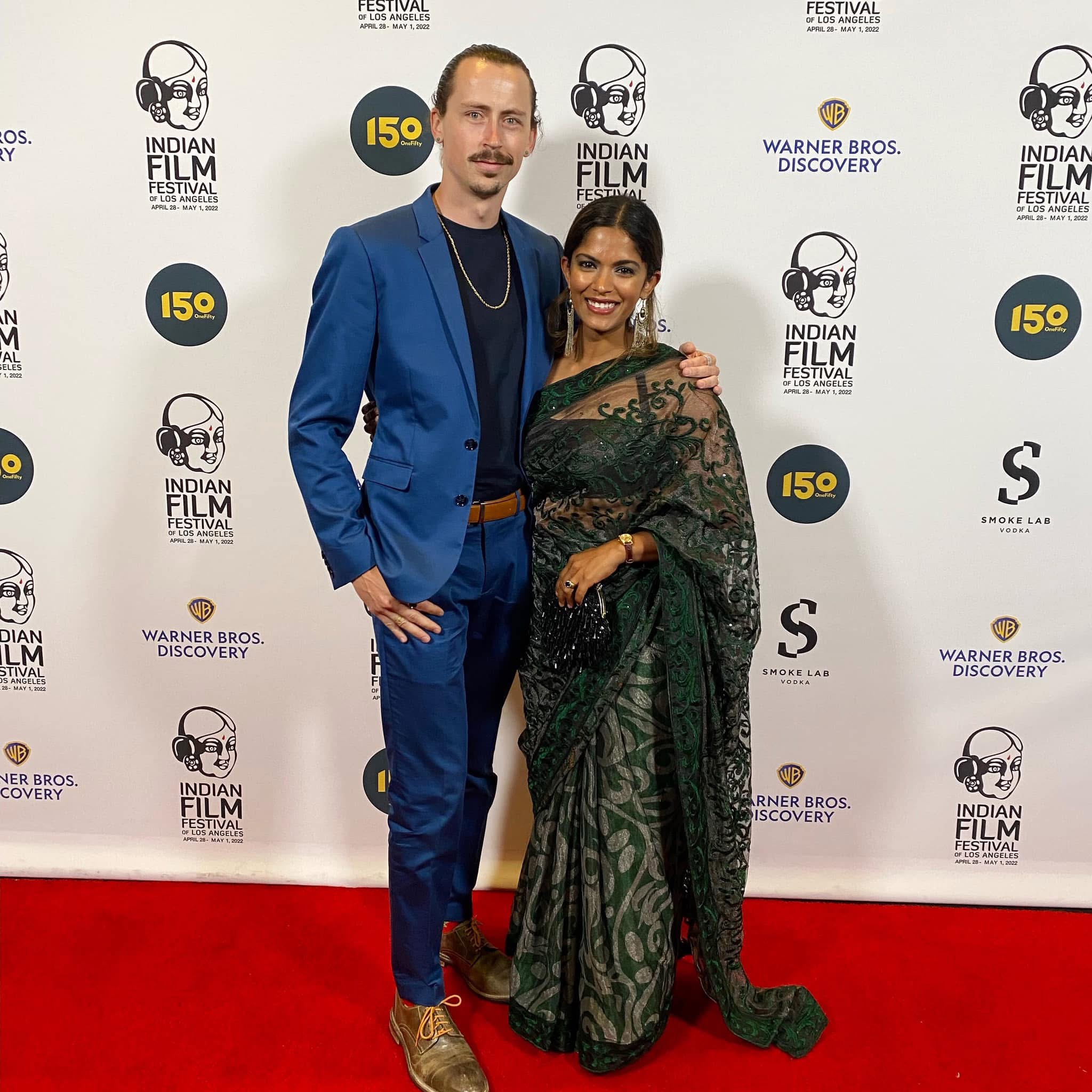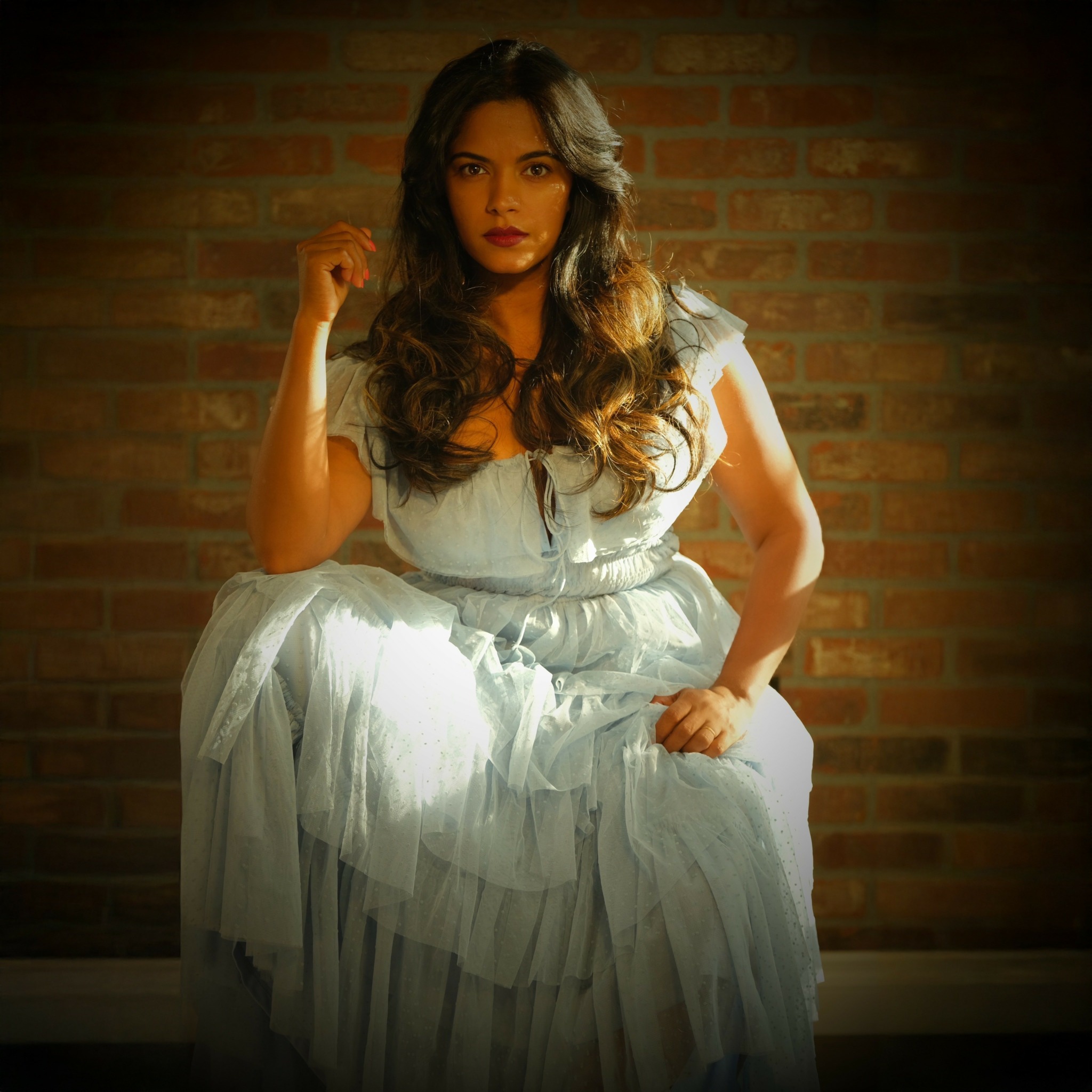Alright – so today we’ve got the honor of introducing you to Deepti Kingra-Mickelsen. We think you’ll enjoy our conversation, we’ve shared it below.
Alright, Deepti thanks for taking the time to share your stories and insights with us today. When did you first know you wanted to pursue a creative/artistic path professionally?
I think, deep down, I’ve always known that the arts were my calling, even from a young age. Growing up, I was naturally creative—though a big part of that came from not having much to work with. I came to the U.S. when I was young, and my parents had to rebuild everything from scratch. We spent years living on the bare minimum, which, honestly, pushed me to think outside the box. You get creative when you don’t have many options, right?
I started out in theatre and spent years trying to find plays or monologues that I could connect with. But to be honest, it felt like there wasn’t much out there that reflected my experience. It wasn’t until a conversation with my high school drama teacher that everything clicked for me. I asked her what she thought my future in theatre might look like and she casually said that maybe I was looking in the wrong places. She encouraged me to explore historical stories and writers from India. At that point, I hadn’t even thought of turning to my own roots for inspiration. But India has such a rich cultural history with incredible writers like Rabindranath Tagore, Mirza Ghalib, Javed Akhtar and so many more amazing artists!
As a child, I thought I had to fully assimilate into the culture around me to fit in, but my mentor helped me realize I didn’t have to abandon my heritage. In fact, my strength was that I had a different upbringing. I could draw from both worlds—my American experience and my Indian roots. That moment really changed my perspective and gave me the confidence to pursue the arts without feeling like I had to choose one over the other. I spent years trying to figure out where I fit, but now I realize I don’t have to pick. I can just be myself, embracing both sides of who I am.

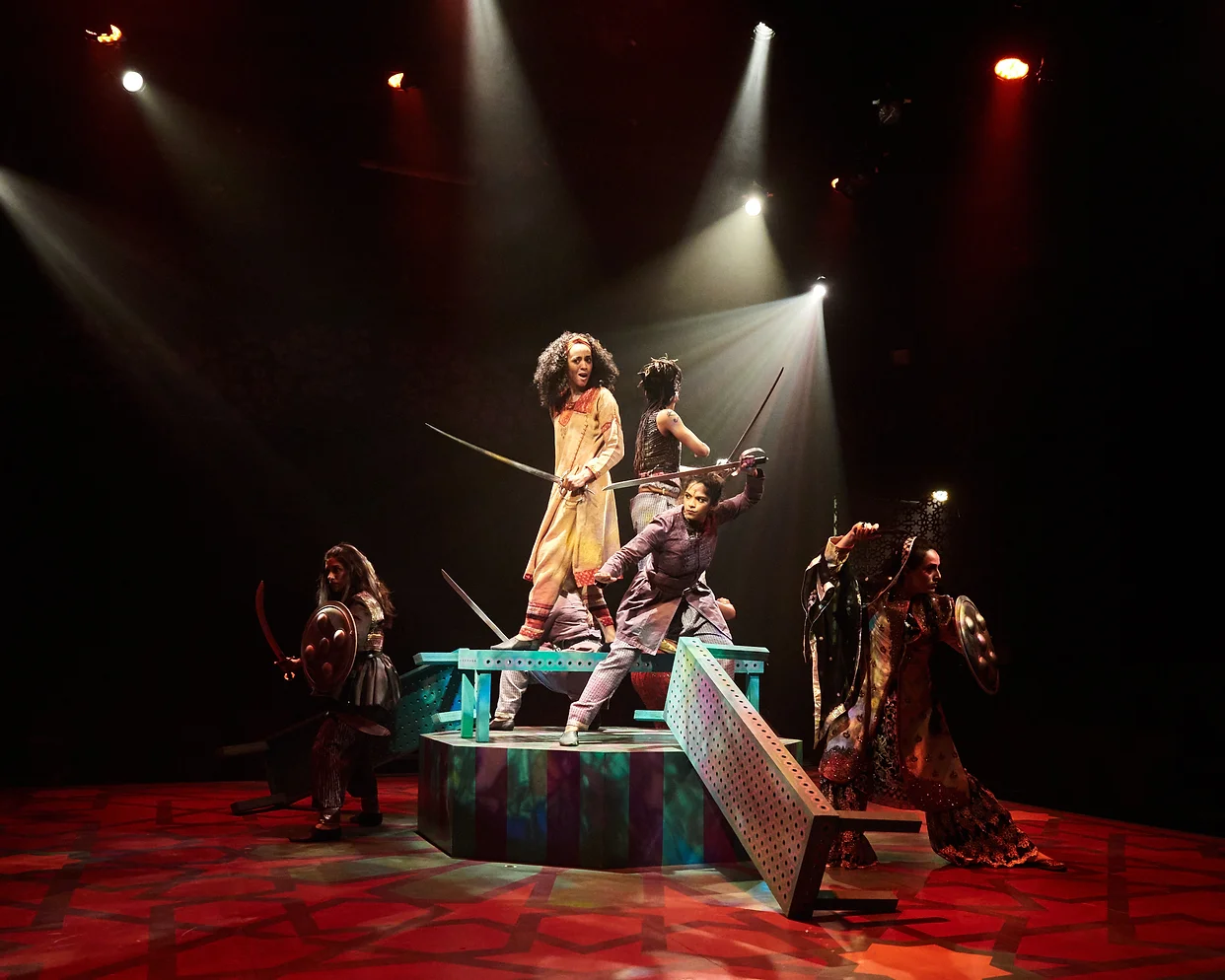
Awesome – so before we get into the rest of our questions, can you briefly introduce yourself to our readers.
I started my journey in theatre, and it was actually my college theatre professor who first got me interested in acting for film. By the time I graduated with a theatre degree, I had already worked on a dozen film projects, and I realized pretty quickly how much my theatre background helped me on set. Having a basic understanding of different departments was a huge advantage, but I also saw how different the world of film was from theatre. There was a whole new set of rules and rhythms to learn, from the etiquette on set to the actual work itself.
Luckily, my husband’s family is deeply rooted in the world of filmmaking, and I got to learn a ton from them. We’ve worked together on countless projects, and that gave me the opportunity to explore different departments and really dive into the full scope of what goes into creating a film. Each project has been a learning experience, and I’m so grateful for that.
I’m always happy to be on set, no matter what my role is, because there’s always something new to learn. The moment you stop learning is the moment it all becomes boring, and I never want to reach that point. I love honing my skills, taking risks, and pushing boundaries in the work I do. That constant drive to grow, whether I’m working in front of the camera or behind it, is what keeps me excited and engaged with the craft!
When it comes to what I’m most proud of, it’s not about any one specific project. It’s the journey itself—the hustle, the persistence, and the fact that I’ve never given up in this ever changing landscape of what film is today – especially in LA. Every lesson learned, every challenge faced, and every experience along the way has shaped me into who I am today, and that’s what I’m most proud of. I absolutely love this industry and I’m so grateful to be able to do what I love – I’m not sure how many people can say that about their work.
One thing I always want my fans to know is that I’m committed to bringing something real and raw to my work. I don’t follow trends just to be ‘marketable’; I stay true to my own vision and remain vulnerable in the process. For me, creativity is all about the journey, and I hope my story resonates with others who are on their own path. At the end of the day, what makes me me is my ability to create from a deeply personal place. Everything I make—whether it’s through acting, writing, or any form of storytelling—reflects pieces of my past: my culture, my struggles, my victories. And I think that honesty is what really connects with people. AND really – what we need more of in this time and space that we currently exist in.
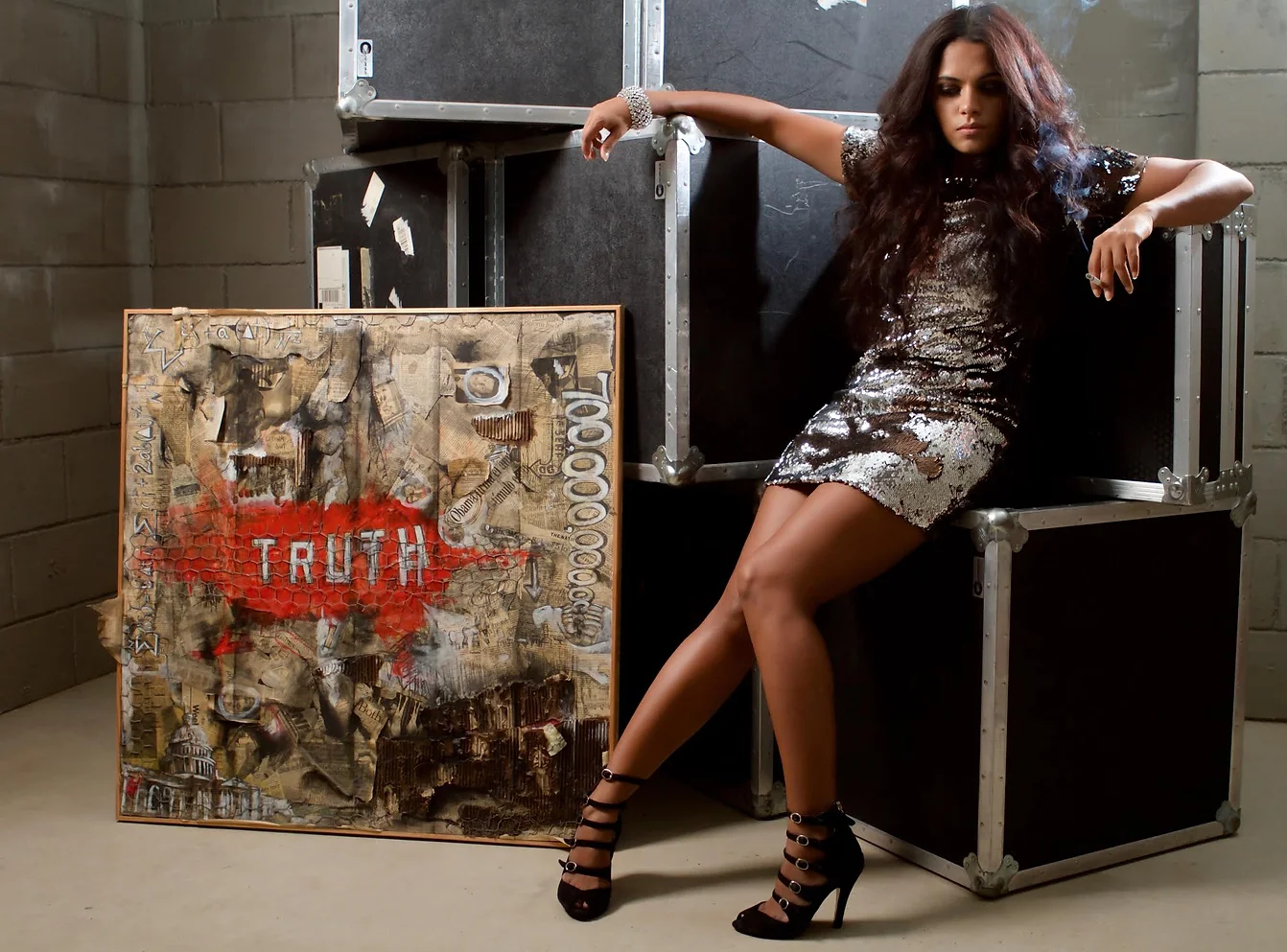
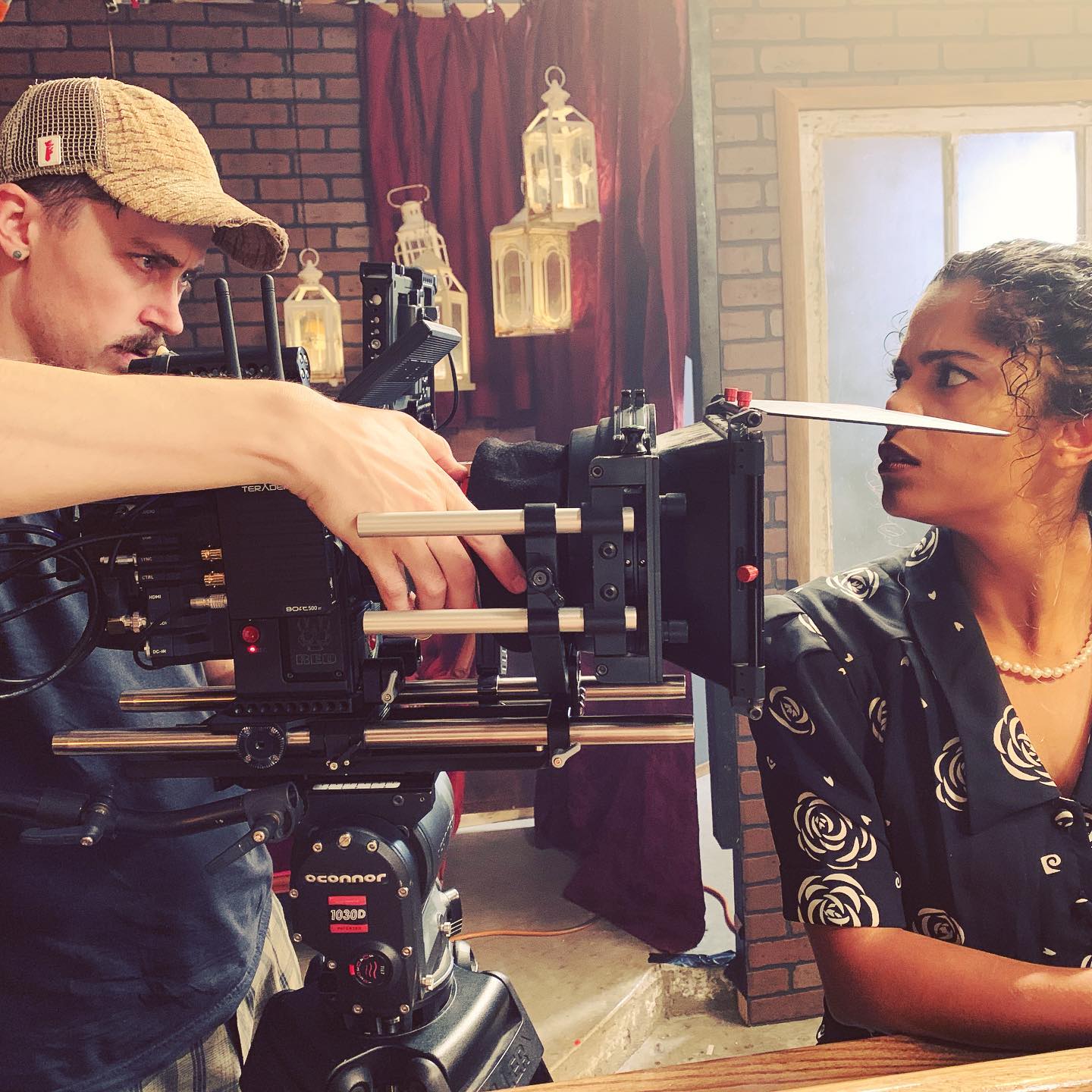
What can society do to ensure an environment that’s helpful to artists and creatives?
I think that’s a both individual and collective responsibility.
First and foremost, society needs to recognize that art is essential, not optional. It always has been since time itself. It shapes our culture, helps us process the world, and connects us in meaningful ways. First, we need more investment in arts education, making creativity a core part of development from a young age—not an afterthought. The creative process should be valued in schools, communities, and beyond. It shouldn’t be downgraded to an extracurricular afterthought or seen as a “backup” option.
Governments, particularly right now, and industries also need to step up with funding, grants, and fair compensation for artists, ensuring that financial barriers aren’t standing in the way of creativity. Cutting costs for foundations like the NEA is quite literally the opposite of this goal. This means supporting both emerging and established talent, and creating opportunities that allow artists to focus on their work instead of worrying about basic survival needs. I mean look at Shonda Rhimes look at Mindy Kaling, Lena Waithe – these are powerhouses driving change and representation. The idea of the starving artists needs to go. We don’t need to be starving or struggling to make art.
Also, there’s a cultural shift that needs to happen. Society has to start valuing creativity beyond just its commercial success. It’s easy to measure success by box-office numbers or streaming stats, but that doesn’t capture the full impact of what artists do. Art isn’t only about making money—it’s about making meaning, pushing boundaries, and challenging the status quo. Supporting artists should be about fostering a culture that values the intangible, the emotional, and the challenging aspects of creativity, not just the “safe” or easily marketable ones.
A thriving ecosystem benefits everyone! Artists and creatives have always thrived in difficult times – and we always will. In fact, we’re essential. We continue to be a mirror for both the self and society, reflecting the world back to us, challenging norms, and pushing boundaries. No matter the obstacles, we’ll keep creating, evolving, and speaking truth to power.
And actually, if you’re reading this interview you’re already supporting artists. So thank you thank you for that!
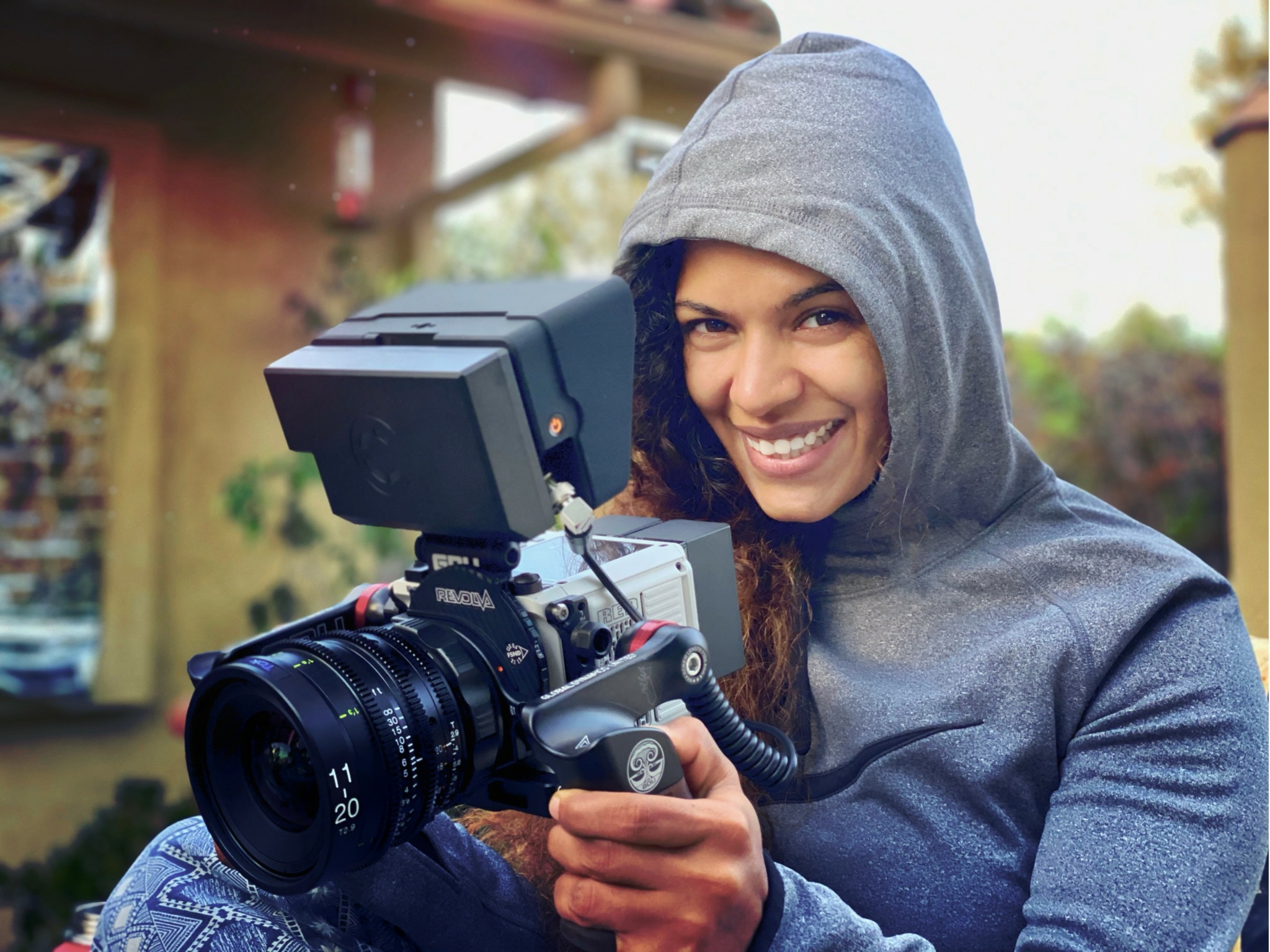
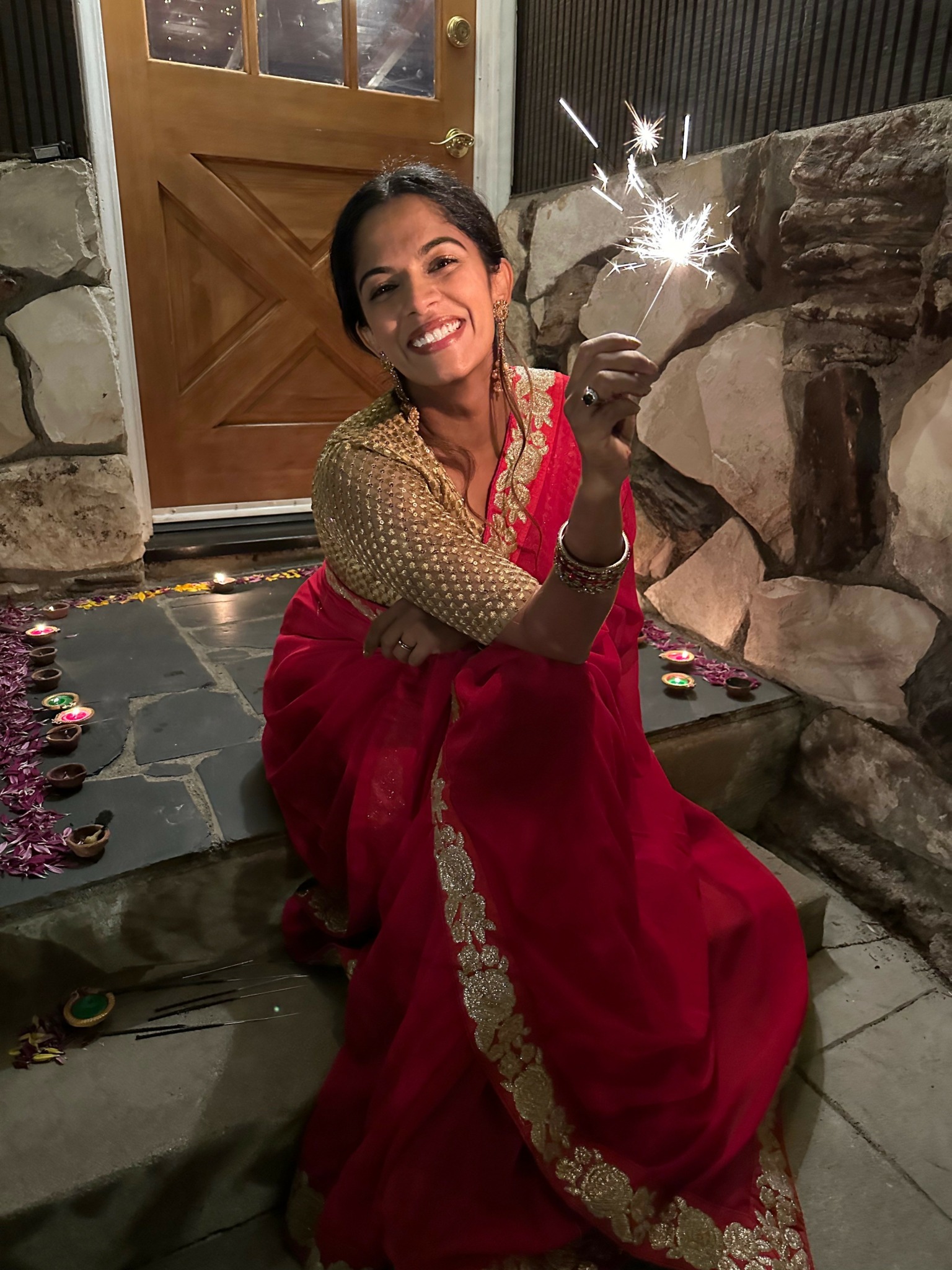
How about pivoting – can you share the story of a time you’ve had to pivot?
The first big pivot in my career came when I made the switch from theatre to film. It happened right after I graduated college. Honestly, it felt like the natural next step, especially being in Hollywood. At the time, I had to choose between diving into film or continuing my studies for a master’s degree and I just didn’t feel like I was ready to continue school for a bit longer. I was eager to dive into work!
So, I jumped into film and soon after became a union member. But here’s the thing—I quickly realized that the jobs weren’t exactly flooding in. I connected with some great representation and started landing work here and there, but it wasn’t enough to sustain me in LA. That’s when I decided to pivot again and explore production work. I started with the art department, which felt familiar, but soon realized it wasn’t where I wanted to stay long-term. I eventually moved into assistant directing (AD), and I’ve been consistently working in that role for a little over five years now while still pursuing acting roles.
It might not seem like a major pivot, but moving from being in front of the camera to working behind the scenes is a huge shift. The experience has deepened my understanding of film, directing, and the entire process. I also think, for me, at least – there’s a mental block for diving all in towards AD work and looking to maybe join DGA at some point. It just feels like if I were to head in that direction that I would be giving up my lifelong dream of acting so I’m not sure where that leaves me. All I know is that while acting is still my main passion, right now I’m really enjoying staying busy and continuing to grow in this new space.
Contact Info:
- Website: https://www.deeptikingra.com
- Instagram: deeptikingramickelsen
